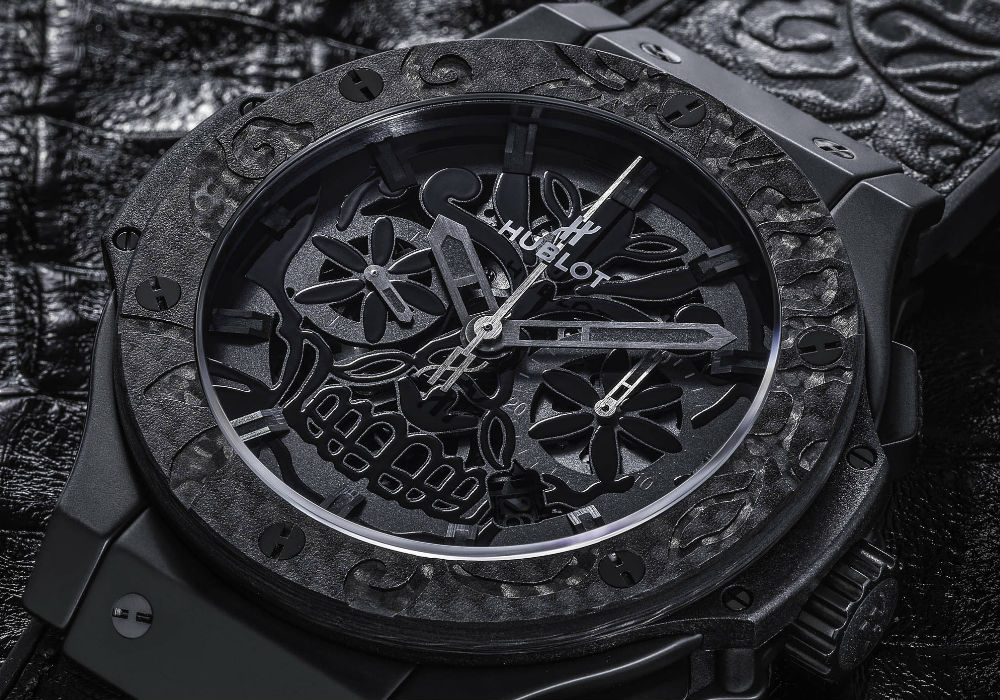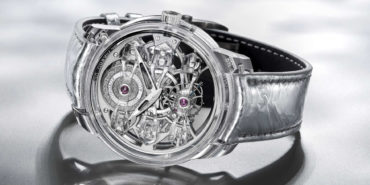Cultural Perspectives • 05 Aug 2016
Making The Case For Composites
It is undeniable that the sportier segment of luxury watches has been keen to adopt materials used in today’s most demanding engineering applications. From aerospace to boat racing, the various materials used for today’s most cutting edge performance are ideally suited to house many modern watches.
This is especially true when a large portion of today’s male luxury watch buyer is equally interested in design as they are engineering and technical sophistication. At the very least, the marriage of auto racing materials and high horology leads to a rich mixture of features that are clearly appealing to many of today’s most mobile and discriminating big spenders.
Perhaps the biggest irony is that many materials prized by high-end watchmakers today are not traditional precious metals. We value platinum for its rarity and value but not how difficult the metal is to integrate into a watch.
In contrast, carbon fiber is relatively cheap as a raw material, but the manufacturing and machining processes used to make it into a watch case material is where you find the value. Thus, on one hand you have inherent value of a material such as gold as a precious commodity. On the other hand, you have complex production methods and precious techniques used on otherwise inexpensive materials.
Perhaps on a more basic level many of today’s more interesting composite case materials offer textures, color combinations, and other physical properties new to the world of wristwatches. When ceramic was introduced to the world of watches it was valued not only for its ability to retain a color permanently, but also for its very high level of scratch resistance. Most composite materials like carbon fiber are valued for their lightness and strength, in addition to other properties such as vibration absorption. So let’s take a look at a few modern watches making good use out of composite materials.
Audemars Piguet Royal Oak Offshore Chronograph Forged Carbon
At Le Brassus-based Audermars Piguet, the storied brand decided to come up with its own unique composite material. The result was Forged Carbon, which is a form of carbon composite that is formed via compression and then baked. The lightweight and distinctive looking material is then milled into watchcases for select Audemars Piguet Royal Oak Offshore models, including the bestselling Novelty Chronograph.
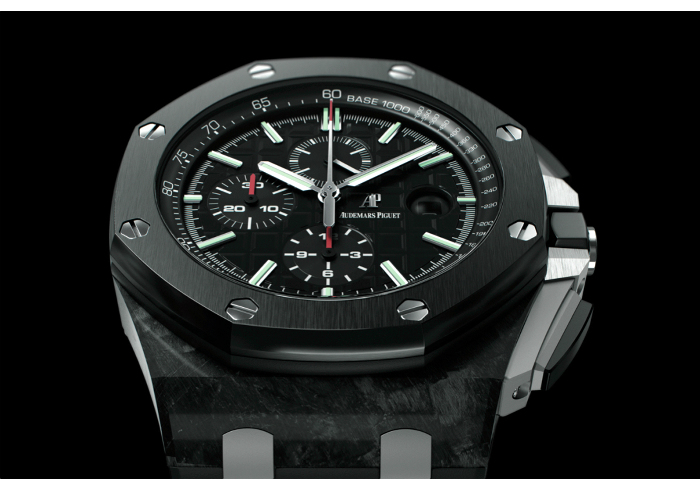
Richard Mille RM 35-02 Nadal
Inspired by the world of auto racing, and aided by clients with limitless budgets, Richard Mille is an innovator when it comes to using novel materials in luxury watches. The RM 35-02, part of the larger Rafael Nadal collection created for the Spanish tennis champ, is made from an unusual but inspired material known as Quartz-TPT. Here carbon is layered with quartz for a unique material that is noted for its extreme resistance to g-forces as well as shocks when on the wrist while playing tennis.
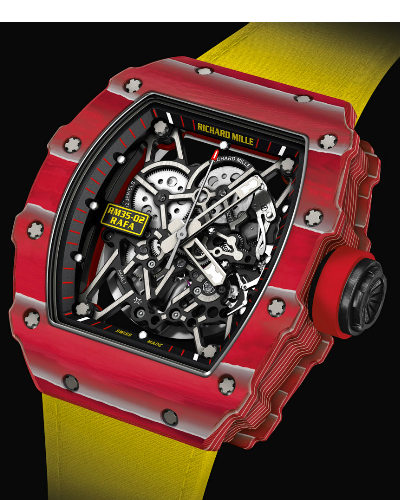
MB&F HM5 CarbonMacrolon
It is fitting that 1970s supercar inspired HM5 from MB&F has a limited edition version known as the CarbonMacrolon that uses an exotic polycarbonate material. MB&F worked with their supplier to come up with the right Makrolon polycarbonate mix, yielding a lightweight black material that is hard enough it can be polished like metal, giving it a brushed finish on its surface.
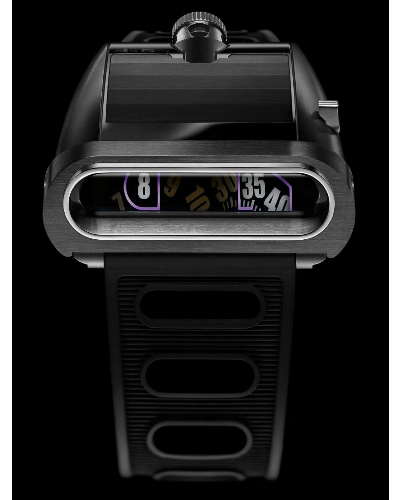
Hublot Aero Bang Sugar Skull Ceramic Carbon
Mixing a quirky dial design with an all-black palette and a combination of case materials is typical of Hublot. This model shows off their expertise at ceramic cases as well as Hublot’s often overlooked expertise with carbon fiber. The bezel uses just the right weave direction to be attractive, but also includes a complex series of engravings into the carbon fiber bezel echoing the motif on the dial and strap.
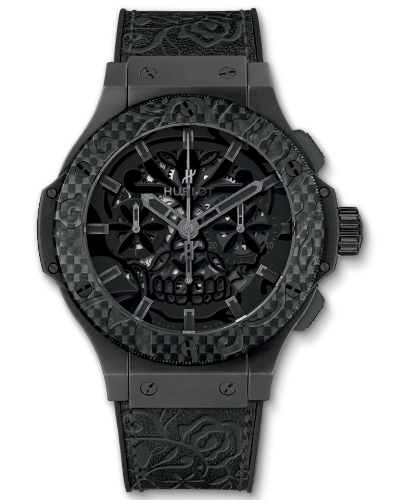
For more information, please schedule an appointment with our Sales Consultant here.



